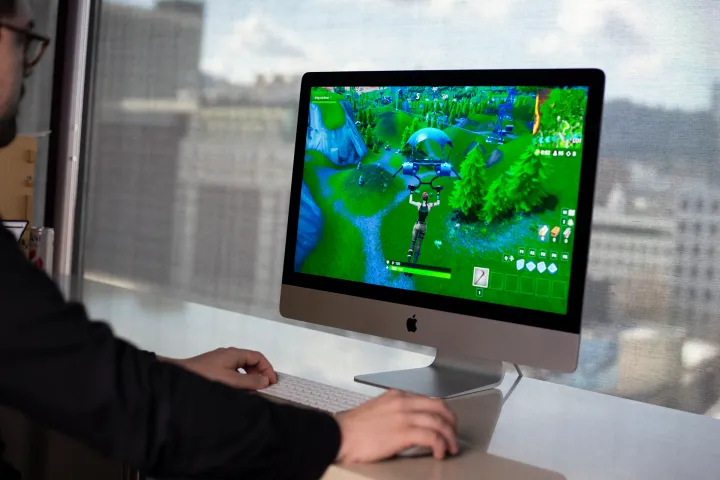
There’s never been a better time to be a PC gamer or a hardware enthusiast, but with a broader than-ever selection of computing hardware, including tablets and smartphones, global PC sales continue to decline in 2019. Year on year they’ve fallen almost five percent, with major companies like Asus and Acer seeing big declines in their yearly sales volume. Not even the ever-popular Apple has been immune to this slide, with its global Mac sales declining 2.5%, too.
Apple reportedly sold just shy of four million Macs during the first three months of 2019, which is just over 100,000 less than the same period last year. In a declining industry though, where Asus lost more than seven percent and Acer 13 percent, this actually resulted in Apple increasing its market share to 6.8%, a 0.2% increase over this time last year. All of this data from estimates prepared by Gartner highlights a PC industry that is still selling well, but not quite as well as last year, which is a trend that’s been prevalent for the past few years, despite a general uptick in the sale of gaming PCs and gaming hardware.
The largest and most popular PC seller in 2019 is still Lenovo, with more than 13 million PCs shipped in the first three months of the year. It controls almost a quarter of the market, with HP not far behind with a near-22% share. Dell takes the third spot, leaving Apple in fourth.
These stats are estimates only, but fellow market intelligence company IDC confirms similar numbers, as per MacRumors. It claims that Apple sold just over four million systems in the first quarter of the year. That helped contribute to its suggestion that global PC sales didn’t fall quite as much as Gartner’s estimations. IDC claims that PC sales contracted by just three percent in total.
Apple has a number of hardware refreshes expected to debut in 2019, so we may see sales pick up as they arrive. The 2019 upgrade for the iMac might not be a visual revolution, but the evolution of its hardware (including a super-powered Intel Core i9 CPU) was enough to impress us in our recent hands-on with it. It may be that that helps stimulate Apple sales later this year, along with an upgraded Mac Pro.
Many Apple fans want to see the company improve some of the problematic aspects of its products though, most notably the MacBook butterfly keyboard, before they upgrade again.




